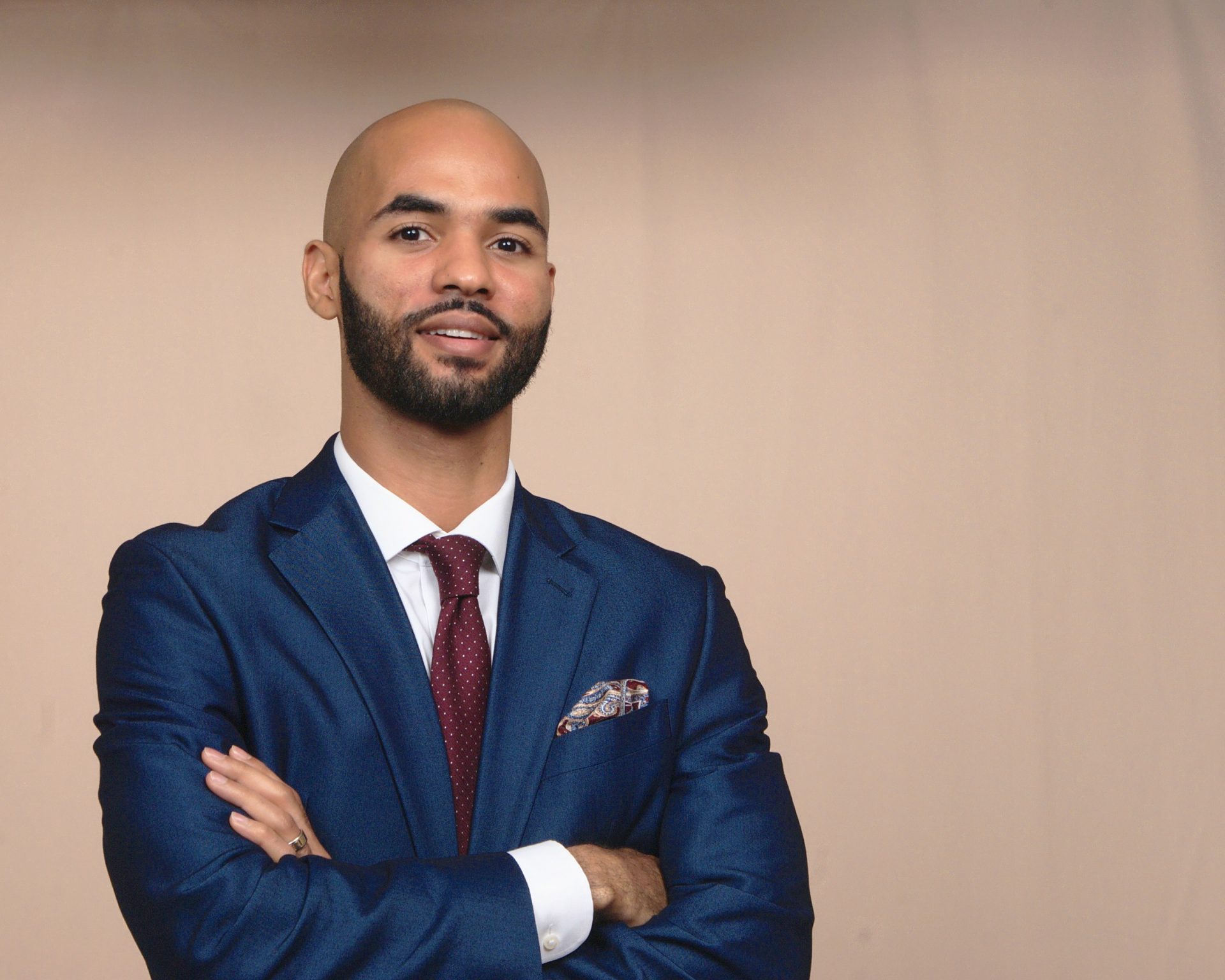Facing a criminal trial can be one of the most daunting experiences of your life. The stakes are high, and the outcome could significantly impact your future. Whether it’s your first time encountering the legal system or you’re more familiar with its intricacies, choosing the right lawyer is crucial. A skilled attorney can make the difference between a favorable outcome and a lifetime of regret. However, not all lawyers are created equal, and finding the right one requires careful consideration. This article will guide you through powerful tips for interviewing a lawyer for your criminal trial, helping you make an informed decision that could protect your future.
1. Understand your needs before the interview
Before you even set up a meeting with a lawyer, it’s important to understand your own needs and the specifics of your case. Are you facing a misdemeanor or a felony charge? Is it your first offense, or do you have prior convictions? Knowing these details will help you evaluate whether a particular lawyer has the relevant experience to handle your case effectively.
Additionally, consider the emotional and psychological support you might need. A criminal trial can be emotionally taxing, and having a lawyer who not only understands the legal landscape but also provides the necessary support can be invaluable. Make sure to communicate your needs clearly during the interview.
2. Assess their experience and expertise
During the interview, one of the first things you should inquire about is the lawyer’s experience and expertise in handling cases similar to yours. Ask them about the number of cases they’ve represented that are similar to yours and the outcomes of those cases. It’s important to understand their track record and whether they have a history of successfully defending clients in situations akin to yours.
Moreover, find out if the lawyer has specific experience in the court where your case will be tried. Familiarity with the local judges, prosecutors and court procedures can give you a significant advantage. A lawyer who knows the intricacies of the local legal system is better equipped to navigate the complexities of your case.
3. Evaluate their communication skills
Effective communication between you and your lawyer is essential for a successful defense. During the interview, pay close attention to how the lawyer communicates with you. Are they able to explain complex legal terms and procedures in a way that you can understand? Do they actively listen to your concerns and questions, or do they rush through the conversation?
A good lawyer should not only be a strong communicator in court but also with their clients. They should be able to break down legal jargon into plain language and make sure you fully understand your situation, options and the potential consequences of your decisions. Clear communication will also help you feel more confident and less anxious about the trial.
4. Discuss their strategy and approach
It’s crucial to understand how a lawyer plans to defend your case. Ask them to outline their strategy and approach. Will they be aggressive in seeking a dismissal of the charges, or are they more inclined towards negotiating a plea deal? Understanding their strategy will give you insight into their legal philosophy and whether it aligns with your expectations.
Also, inquire about the steps they will take to investigate your case. A thorough investigation can uncover critical evidence that may be used to your advantage. Make sure the lawyer is committed to leaving no stone unturned when it comes to gathering evidence, interviewing witnesses and preparing for trial.
5. Assess their availability and responsiveness
Your criminal trial is likely one of the most important events in your life, and you need a lawyer who treats it with the same level of importance. During the interview, ask about the lawyer’s availability. How many cases are they currently handling? Will they have enough time to dedicate to your case?
Additionally, discuss how they prefer to communicate with their clients. Will you have direct access to the lawyer, or will you be dealing mostly with their staff? Understanding how responsive they are to calls, emails and meetings is crucial. A lawyer who is too busy to give your case the attention it deserves might not be the best choice.
6. Clarify their fees and payment structure
Legal representation can be expensive, and it’s important to have a clear understanding of the costs involved before hiring a lawyer. During the interview, ask for a detailed breakdown of their fees and the payment structure. Do they charge a flat fee, or do they work on an hourly basis? Are there additional costs you should be aware of, such as fees for investigations, expert witnesses or court filings?
It’s also essential to understand their billing practices. How often will you receive invoices, and what is their policy for late payments? Clear communication about fees will help you avoid any unpleasant surprises down the road.
7. Gauge their confidence, not arrogance
Confidence is a key trait in a good lawyer, but there is a fine line between confidence and arrogance. During the interview, pay attention to how the lawyer talks about your case and their ability to win. A confident lawyer will provide a realistic assessment of your case, outlining both the strengths and the potential challenges. They will also be transparent about the risks involved and won’t make guarantees about the outcome.
On the other hand, an arrogant lawyer may downplay the seriousness of your case or dismiss your concerns. They may also make unrealistic promises about the results they can achieve. Remember, no lawyer can guarantee a specific outcome, and overconfidence can be a red flag.
8. Ask for references or case studies
To further assess the lawyer’s capabilities, ask for references or case studies of previous clients who faced similar charges. A reputable lawyer should be able to provide you with testimonials or examples of cases where they achieved favorable outcomes. This will give you a better understanding of their track record and how they’ve handled cases similar to yours.
If possible, speak directly with former clients to get a firsthand account of their experience working with the lawyer. This can provide valuable insights into the lawyer’s strengths and weaknesses, helping you make a more informed decision.
9. Consider their passion for justice
Lastly, consider the lawyer’s passion for justice. A lawyer who is genuinely passionate about defending the rights of their clients will go above and beyond to ensure you receive a fair trial. During the interview, observe how they talk about the legal system, your case and their role as an advocate. Do they seem genuinely interested in helping you, or is it just another job to them?
A passionate lawyer is more likely to be committed to your case, putting in the time and effort needed to achieve the best possible outcome. They will also be more empathetic to your situation, providing the support you need during this challenging time.
Why choosing the right lawyer is so critical
Choosing the right lawyer for your criminal trial is a decision that should not be taken lightly. The lawyer you choose will play a significant role in determining the outcome of your case and, ultimately, your future. By following these powerful tips for interviewing a lawyer for your criminal trial, you can ensure that you find a legal representative who is not only experienced and knowledgeable but also genuinely committed to your defense. Remember, your future is on the line, and you deserve the best possible representation to protect it. Take the time to conduct thorough interviews, ask the right questions and trust your instincts when making your final decision. Your life might depend on it.
This story was created using AI technology.















